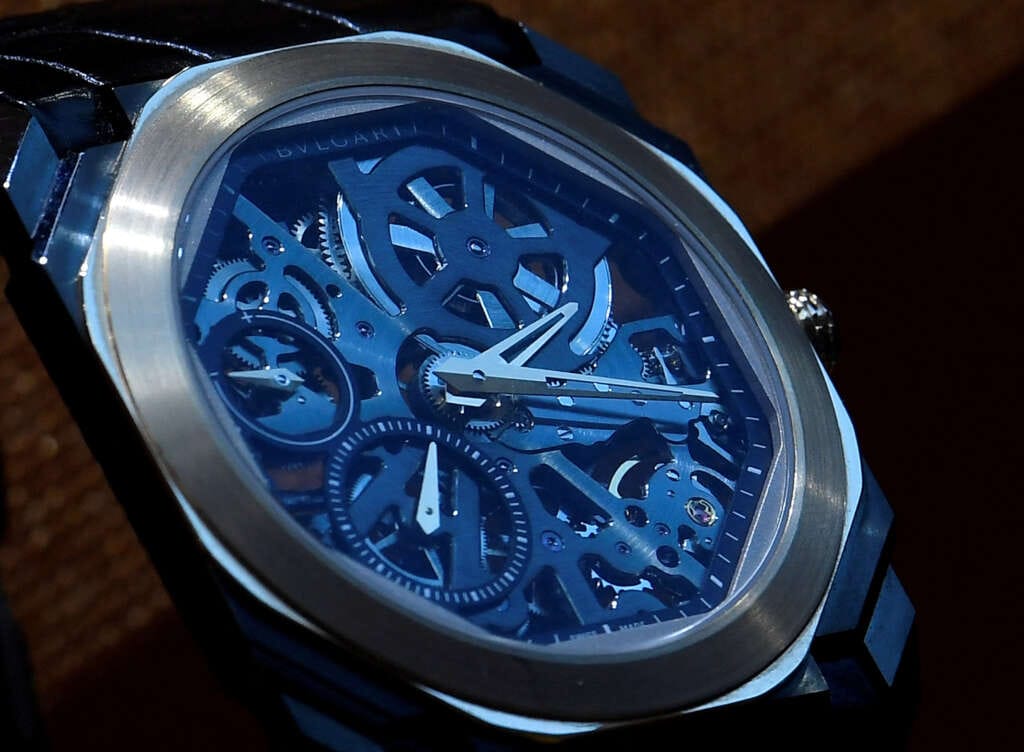
By Silke Koltrowitz
ZURICH (Reuters) – Swiss watchmakers are not seeing signs so far that geopolitical tensions and recession fears are hitting demand for luxury timepieces, executives told Reuters ahead of the Geneva Watch Days event that opens on Monday.
Sales of Swiss watches have rebounded strongly from the 2020 pandemic slump, with the value of exports up 11.4% in the first seven months of 2022.
“For now people’s state of mind stays positive. How long will it last? We don’t know,” said Jean-Christophe Babin, head of LVMH jewellery and watch brand Bulgari.
He said Bulgari was gaining market share, seeing “much stronger” growth in its watch business than the rate of Swiss watch exports.
While there were many reasons to be alarmed over the last two years, including the pandemic, the war in Ukraine and inflation, “watch exports are nevertheless close to all-time highs”, Edouard Meylan, head of independent watch brand H. Moser & Cie, said.
“We need to take advantage while it lasts, but we have to get ready for a slowdown,” he said, adding sales were up by more than a quarter so far this year, with some bottlenecks for watch cases and straps.
Around 40 brands will take part in this year’s Geneva Watch Days, an informal industry gathering launched in 2020 where exhibits are held in hotels and boutiques around town, making it more accessible than spring’s exclusive Watches & Wonders show.
Although not taking part in this year’s event, Guido Terreni, chief executive of niche brand Parmigiani owned by the Sandoz Family Foundation, said the brand was unable to meet demand that had risen 4.5 times from last year.
Asked when it would break even, Terreni, a former Bulgari executive, said: “We’re getting there”.
The market for new timepieces remained robust with waiting lists for many models, said U.S.-based retailer Danny Govberg, also co-founder and chairman of watch marketplace WatchBox, echoing comments by British retailer Watches of Switzerland this month.
Govberg noted, however, that secondary market prices had fallen.
“The disparity between retail prices and what watches are actively trading for has come down from their early spring 2022 all-time highs, since stabilising,” he said in an emailed comment.
Kepler Cheuvreux analyst Jon Cox said if prices for second-hand watches fell significantly below primary prices, this could hurt demand for new watches, but that was apparently not the case so far.
(Reporting by Silke Koltrowitz; Editing by Kirsten Donovan)


